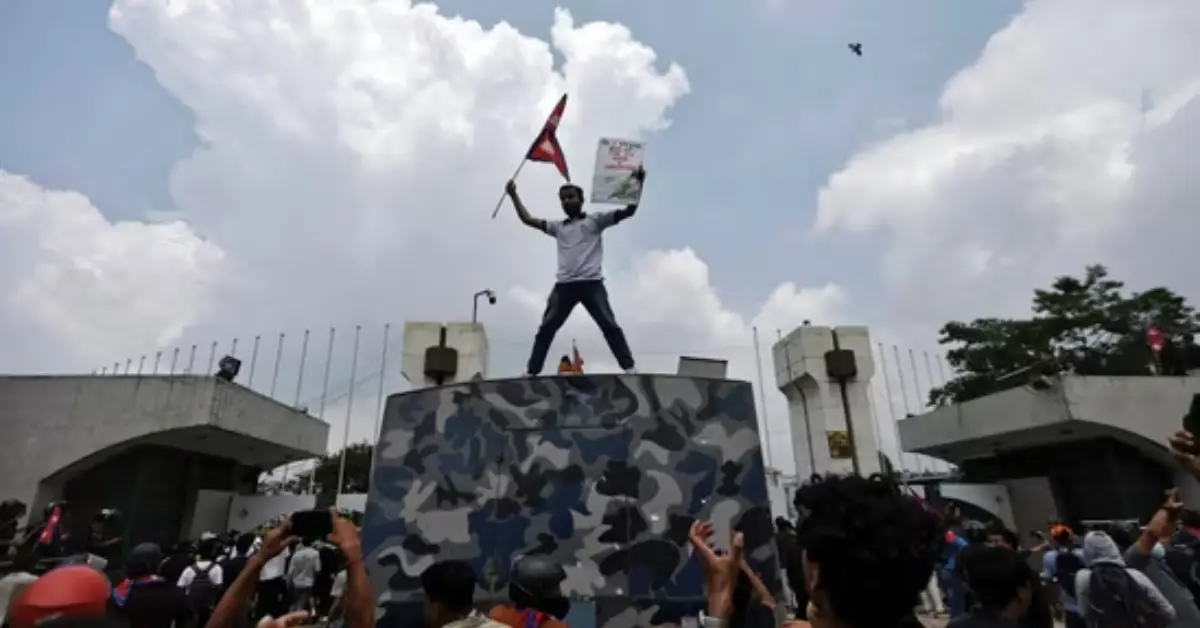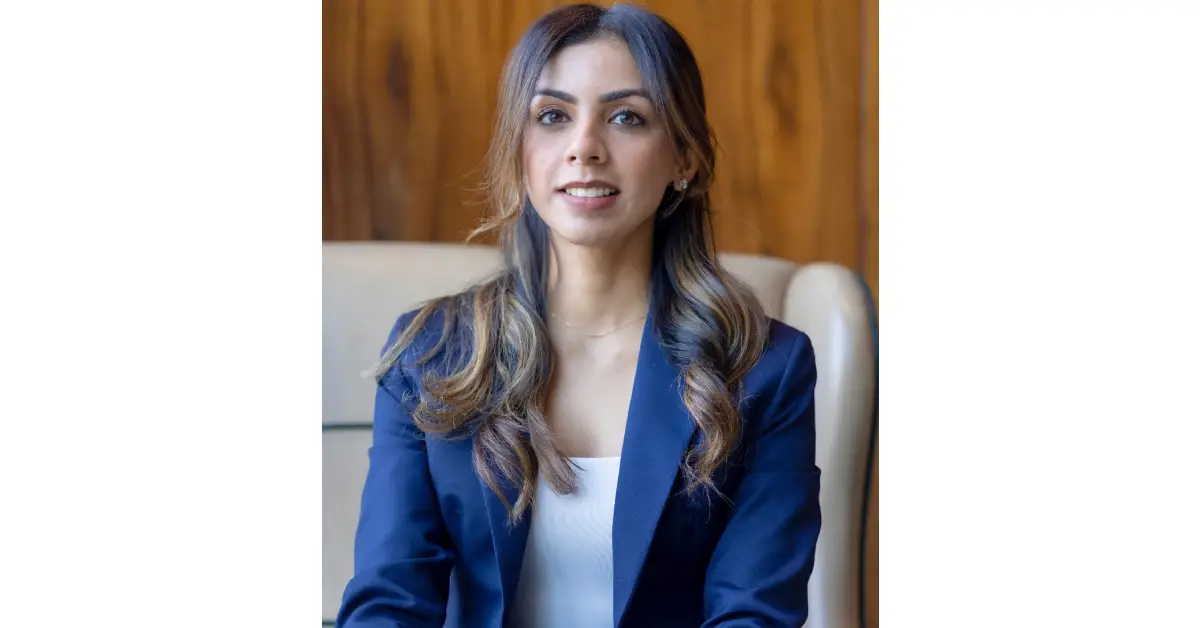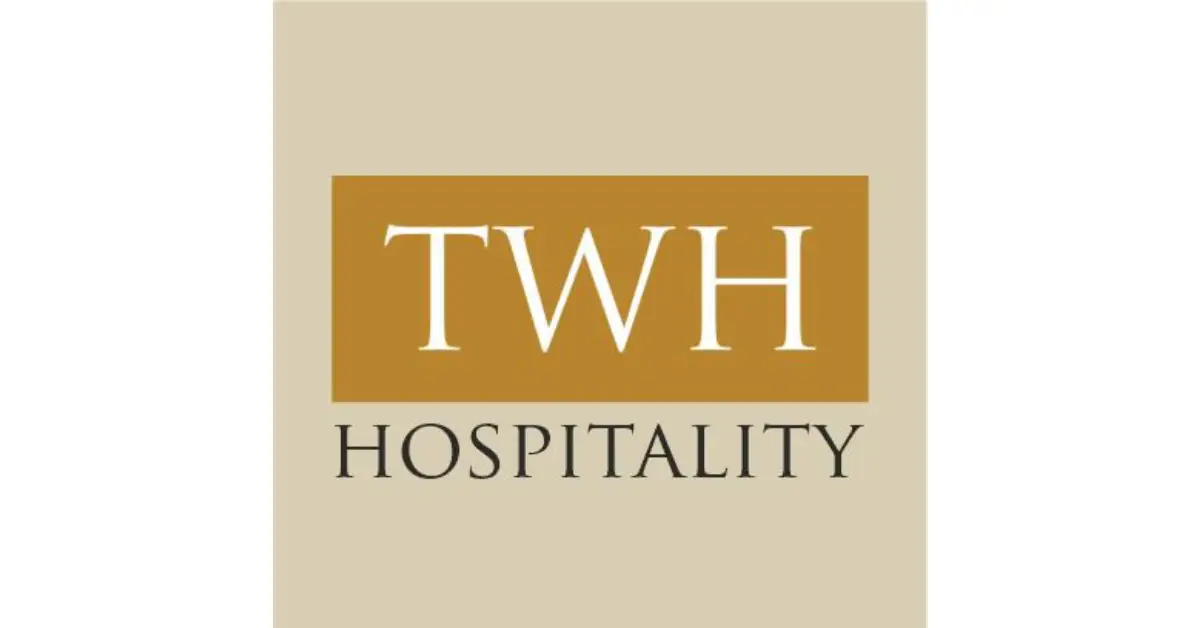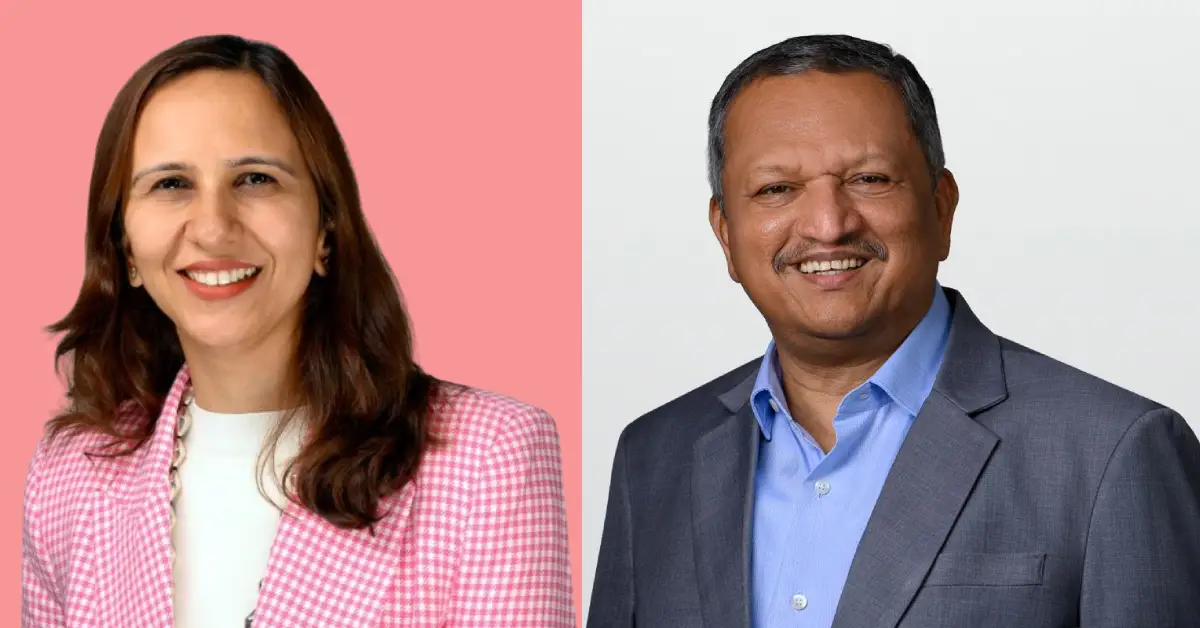Curfew has been imposed in parts of Kathmandu after the clashes broke out, with army being deployed.
Massive protests broke out in Nepal on Monday, after the government’s decision to ban most social media platforms, including Facebook, YouTube and X.
19 protestors were killed as clashes erupted between the protestors and the police in different parts of the country, Reuters reported, while several others sustained injuries and are receiving treatment.
Tens of thousands of protestors took to the streets in Kathmandu, surrounding the Parliament of the country after pushing through barbed wires, the Associated Press reported.
The crowd forced the riot police to retreat, following which the cops fired tear gas and water cannons at the protestors. Army was deployed, and a curfew was imposed outside the Parliament building, the government secretariat, presidential house and key parts of the city after the protestors attempted to enter the legislature, according to Reuters.
Protestors marched through Kathmandu carrying placards with the slogans ‘Shut down corruption and not social media’ and ‘Youths against corruption’.
Nepal announced the decision to ban social media platforms last week after they failed to register with authorities, as part of the crackdown on their misuse. Meanwhile, TikTok, Viber and three other applications have registered, and are continuing operations in the country.
The government stated that social media users were spreading hate speech and misinformation using fake IDs, and misuing these platforms for committing fraud and other crimes.
The curfew, which has been imposed to “bring the situation under control after protesters began to turn violent”, will remain in place till 10 pm local time in Nepal, Muktiram Rijal, a spokesperson for the Kathmandu district office, told Reuters.
Rijal added that the security personnel had been granted permission to use water cannons, batons and rubber bullets to bring the crowd under control.
The ban comes even as Nepal’s government has sent a bill for debate in the Parliament, which seeks to ensure that the social media platforms operating in the country are “properly managed, responsible and accountable”.







